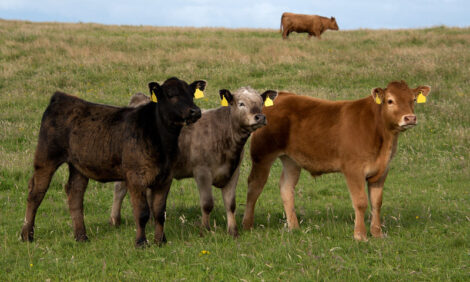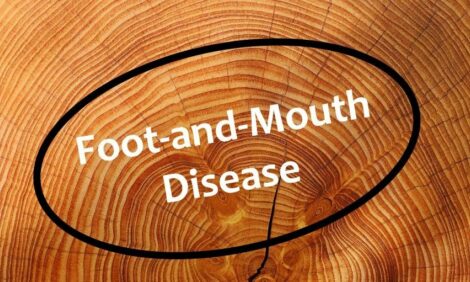



Nutritional Impacts On Health
At a recent Virignia Livestock extension web seminar, Dr John Currin, DVM said that without proper nutrition even the best herd health programme will fail. Summarised by Charlotte Johnston, TheCattleSite junior editor.Nutritionally related herd problems can be split into two categories says Dr Currin. Primary nutritional diseases which include grass tetany, winter tetany and selenium deficiency and then secondary nutritional diseases such as poor quality colostrum, poor calf health, poor response to vaccines, poor immune systems and poor reproduction.
Whilst grass tetany is a magnesium deficiency which usually occurs post calving, winter tetany can be a deficiency of magnesium, pottasium, calcium and phosphorus and usually occurs in the last months of pregnancy as a result of feeding poor quality hay. Dr Currin said he had seen an increase in grass tetany over recent years. Grass tetany can be prevented by feeding a high magnesium diet.
Speaking on selenium deficiency, Dr Currin said it had been a number of years since he had seen a case of white muscle disease. He went on to praise the industry for getting on top of the disease, however he still recommends producers give newborn calves selenium injections.
For a cow to produce quality colostrum she must have adequate body condition and micro-mineral levels in the last three to four weeks of gestation.
If a calf does not get enough quality colostrum in the first 24 hours of life, failure of passive transfer will occur and the calf will be weakened and more prone to disease.
Failure of passive transfer is determined by measuring levels of antibodies or protein in the calf's blood.
This will affect them later in life - generally cows will be weaker, more prone to infections etc.. To help prevent failure of passive transfer, Dr Currin advises farmers to ensure that the cow cleans the calf up and watch to make sure the calf nurses. For every dystocia, milk the cow out and give colostrum directly to the calf. Use colostrum supplements for questionable calves.
Dr Currin also points out that thin cows will have calves that are slower to nurse. Cows which are fed a low protein/ low energy diet will have calves with less body fat and subsequently wont be able to produce as much body heat. He reminds producers that adequate cow body condition is vital for calf survival.
Cows with low trace minerals such as calcium, magnesium and iron will also suffer from reduced immunity, decreased disease resistance, slower recovery and more relapses of sickness and a poorer response to vaccination.
Finally Dr Currin reminds producers that poor body condition will also affect fertility and reproduction.


